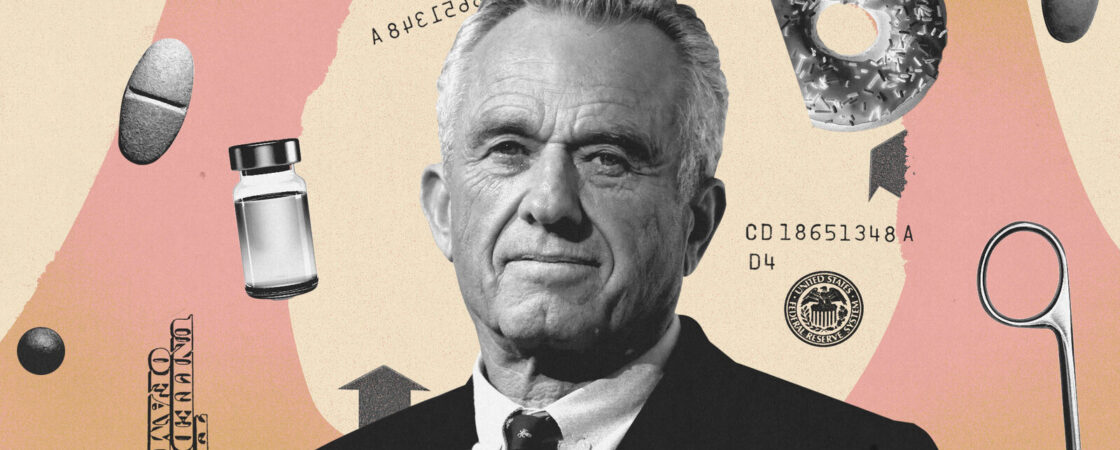Robert F. Kennedy Jr. has set the Food and Drug Administration in his sights. He has claimed that the agency is in the pockets of the industries it regulates, allowing chemical additives to enter the food supply and greenlighting drugs while suppressing “cheap, generic and natural alternatives.” In an October post on X, he warned F.D.A. employees to “1. Preserve your records, and 2. Pack your bags.” After the election, he told NBC News that entire departments at the agency “have to go.”. Many medical and scientific experts say that if Mr. Kennedy were confirmed to lead the Department of Health and Human Services, which the F.D.A. falls under, his ideas could pose a danger to public health. An environmental lawyer with no medical training, Mr. Kennedy has several contentious and scientifically inaccurate opinions, particularly around vaccines and infectious diseases. (President-elect Donald Trump’s pick to lead the F.D.A., Dr. Martin Makary, a Johns Hopkins University surgeon, is seen as more mainstream but also has a contrarian streak.). However, some experts do agree with Mr. Kennedy that the F.D.A. needs to change — except they say that the agency should have more resources and authority, not less.. “The F.D.A. isn’t a perfect institution,” said Dr. Aaron Kesselheim, a professor of medicine at Harvard Medical School, who resigned from an agency advisory committee to protest the controversial approval of an Alzheimer’s drug. But, he added, “it’s the most important public health agency that we have, and the role that it fills in our health care system is essential.”. The New York Times spoke with a dozen doctors, scientists and public health researchers about what, in an ideal world, they would like to see the F.D.A. do differently. Several have been vocal about the agency needing changes; some are former F.D.A. employees and advisers who worked under Democratic and Republican administrations. Here are the four ideas that came up most frequently.. 1. Stop relying so much on industry funding.. Perhaps the biggest issue that experts and Mr. Kennedy agree on is that the agency receives too much money from the industries it regulates. Almost half of the F.D.A.’s budget, which is set by Congress, comes from “user fees” that pharmaceutical and medical device companies pay to the agency to review their products.. We are having trouble retrieving the article content.. Please enable JavaScript in your browser settings.. Thank you for your patience while we verify access. If you are in Reader mode please exit and log into your Times account, or subscribe for all of The Times.. Thank you for your patience while we verify access.. Already a subscriber? Log in.. Want all of The Times? Subscribe.




